November 20, 2019
World Green Building council launches case study library of best practice
The World Green Building Council has launched a new digital case study library showcasing what it claims is excellence in sustainable development globally, featuring buildings that are net zero carbon and/or enhance human health. According to the WGBC, claims are verified by established certification schemes, rating tools or other third-party systems. Buildings and construction together account for 36 percent of global final energy use and 39 percent of energy-related carbon dioxide emissions when upstream power generation is included. Additionally, people spend 90 percent of their time in buildings, and there is a consistent association between unhealthy indoor environments and negative human health impacts. (more…)










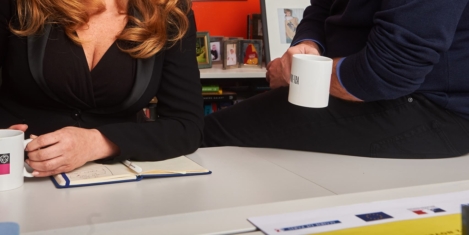
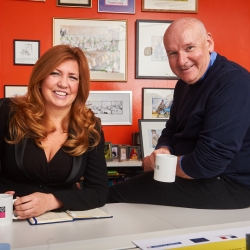
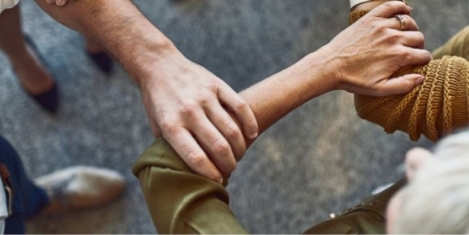

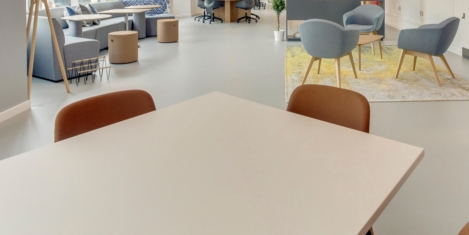
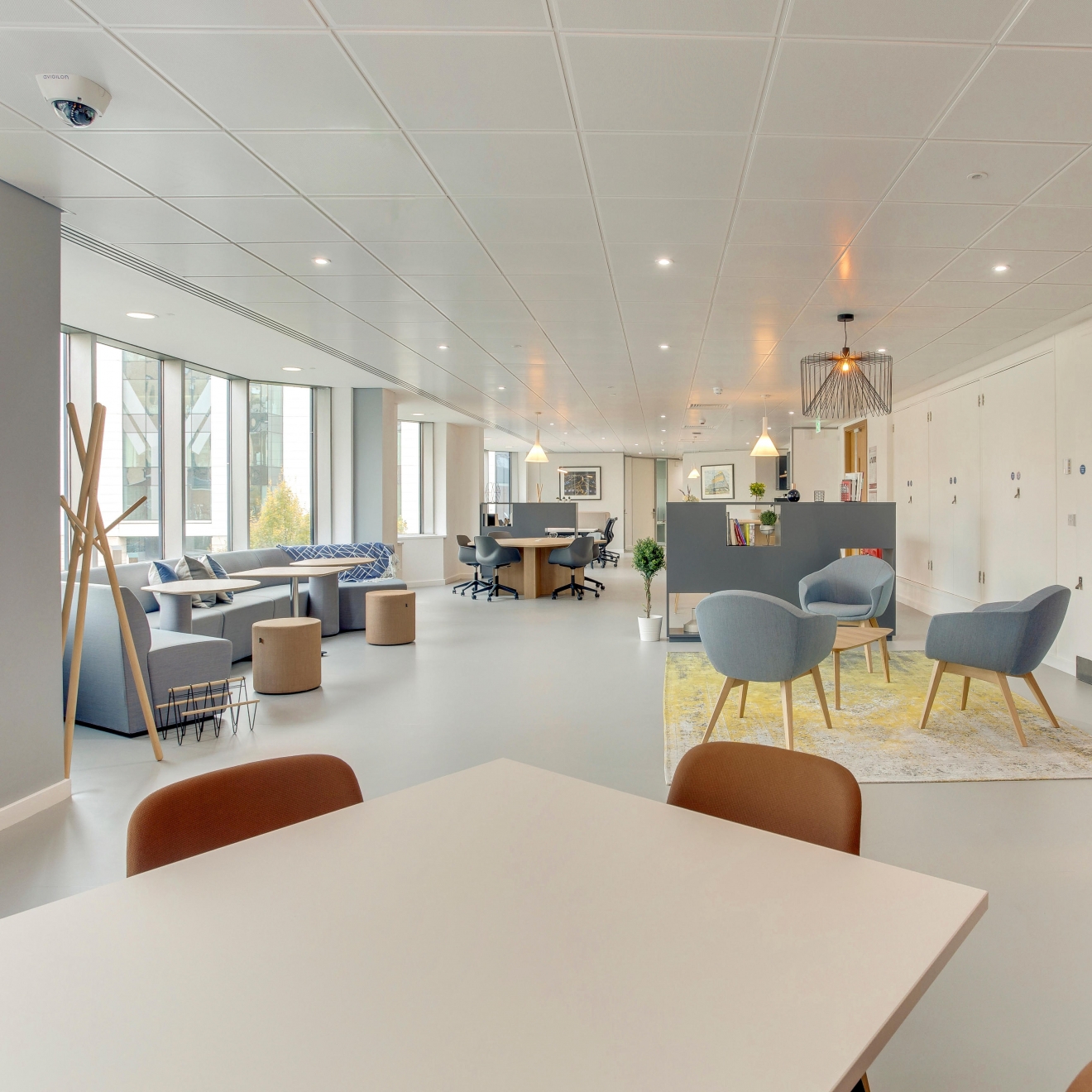








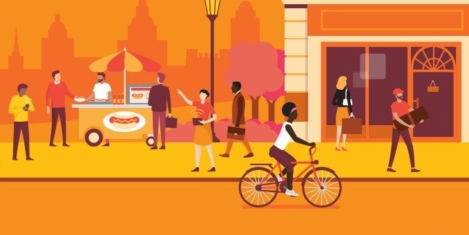
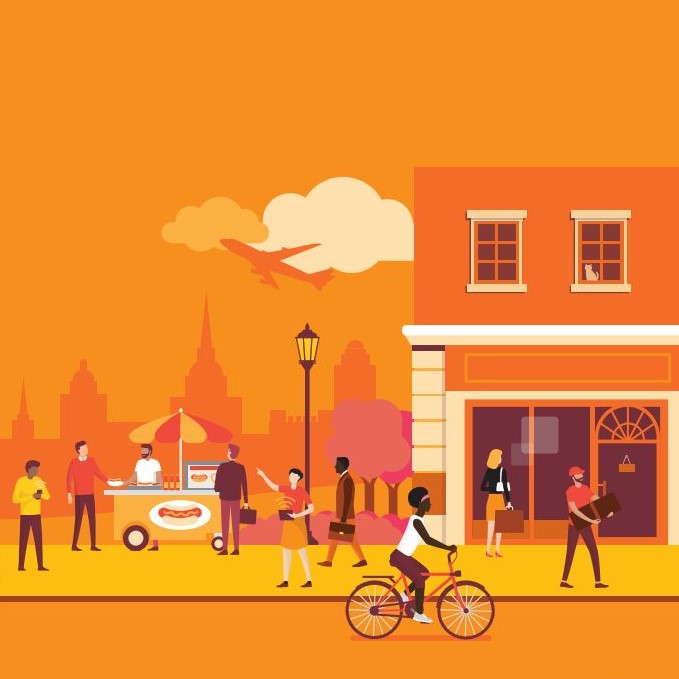











November 18, 2019
The agile workplace: try to catch the wind
by Neil Usher • Comment, Workplace design
(more…)